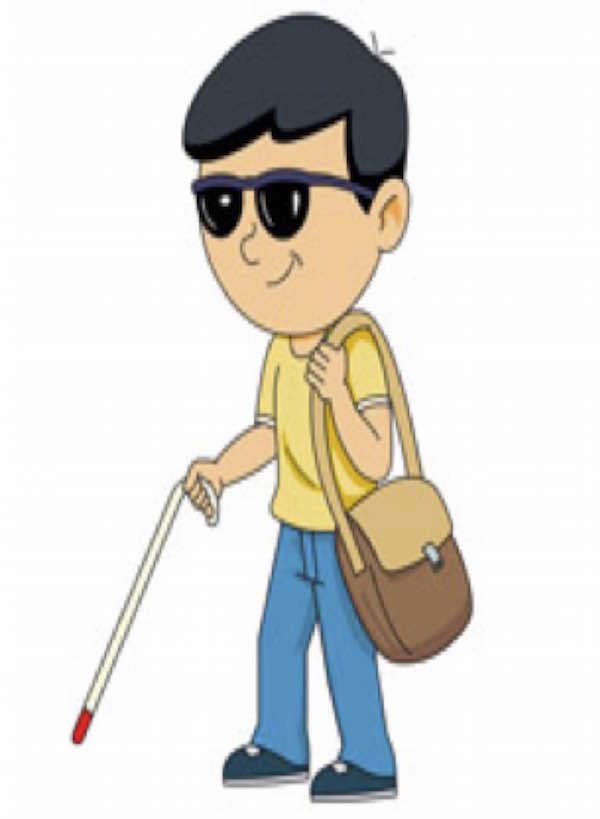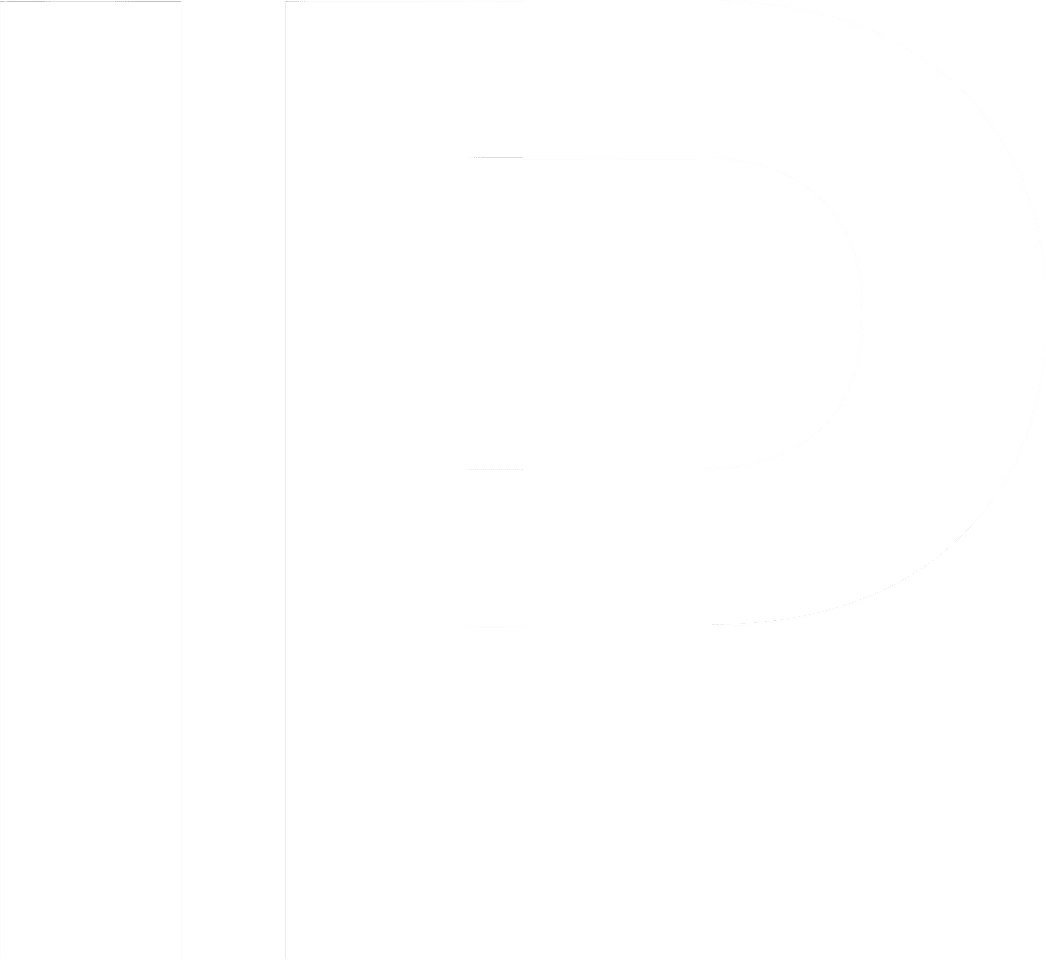
This is Shashidhar. Shashidhar is an author and a social worker. Unfortunately, he is visually impaired. On a visit to our office, he expressed his concern about the lack of availability of books and other literary material for the visually challenged.
We had a chat with him wherein we told him about the latest developments with reference to the Marrakesh Treaty.
Shashidhar (S): You know it is really disheartening that people like us do not have sufficient access to books and other literary material. Lack of resources results in so many missed opportunities for us.
Angela (A): I understand. However, since you are a social worker, you can collaborate with any publishing house to get books transcribed into Braille and publish them. This will help many people to access the books they want to.
S: I would love to do it. However, there’s one major obstacle to this.
A: Obstacle?
S: Yeah, and is called copyright. What do you think that I haven’t tried transcribing and publishing books in Braille? Transcribing and publishing requires permission from the publisher or author. While some are kind enough to allow it, some others won’t budge. I don’t want to be on the wrong side of the law by publishing without their permission.
A: Shashidhar, what are you talking about? Of course, you can transcribe and publish books in Braille and that too, without the permission of the author or publisher. It would not amount to copyright infringement.
S: Really? How?
A: Shashidhar, in 2013, the Indian Government ratified the Marrakesh Treaty to Facilitate Access to Published Works for Persons Who are Blind, Visually Impaired or Otherwise Print Disabled. This treaty allows for the transcribing and publishing of books and other literary material in Braille for the benefit of the visually impaired.
S: Tell me more about it!
A: The international community has for a long time been concerned about the access of material for the visually impaired. Material is scarce essentially due to the access barriers imposed by various domestic copyright laws. Even if the world forum would come to an understanding of making material accessible to the visually impaired, not much could have been done as long as it is an optional provision.
Therefore, keeping in mind the principle of non discrimination, equal opportunity, accessibility and the full and effective participation and inclusion of the visually impaired in the society, the Marrakesh Treaty to Facilitate Access to Published Works for Persons Who are Blind, Visually Impaired or Otherwise Print Disabled was drawn up.
Now the Marrakesh Treaty mandates that all signatory nations allow for the transcribing and publishing of works in Braille without mandating the permission of the author or publisher before publishing.
S:How does the Marrakesh Treaty do that? Won’t the copyright of authors and publishers get breached?
A: Not at all. Once ratified, the Marrakesh Treaty comes into action in a two-fold process:
All the member nations who ratify the treaty must provide for exceptions in their domestic laws for the publication of works for the visually impaired and otherwise print disabled. As you know, in India the Copyright Act grants the following rights to the holder of a copyright:
The right to reproduce the work in any material form.
The right to issue copies of the work to the public.
To perform the work in public.
To make a cinematographic film of the work.
To make a translation or adaptation of the work.
So, therefore, now when you consider the Indian Copyright Act, these rights have an exception when it comes to the transcribing and publishing works in Braille. They can be done so without the permission of the author or publisher.
The Marrakesh Treaty also provides for the import and export of visually impaired-friendly versions of books and other copyrighted material without the permission of the copyright holder.
S: That’s really great! I just have one concern. Won’t some publishing houses and individuals take unfair advantage of this? They will easily breach copyright and access the books which may later not even reach people like us due to high prices etc.
A: The Marrakesh Treaty takes care of that as well. The Marrakesh Treaty allows only ‘authorized entities’ to avail these exceptions. Now an authorized entity, as defined by the Marrakesh Treaty means any entity that is authorized or recognized by the government of the respective country to provide education, instructional training, adaptive reading or information access to beneficiary persons on a non-profit basis. This also includes any government institution or any non-profit organization that provides similar services to beneficiary persons as one of its primary activities or institutional obligations.
Therefore not everyone can avail the exceptions provided by the Marrakesh Treaty. The institution that seeks to avail them should be one engaged in providing services for the blind and the visually impaired and this should be done free of cost. Therefore the question of unscrupulous activities does not arise.
